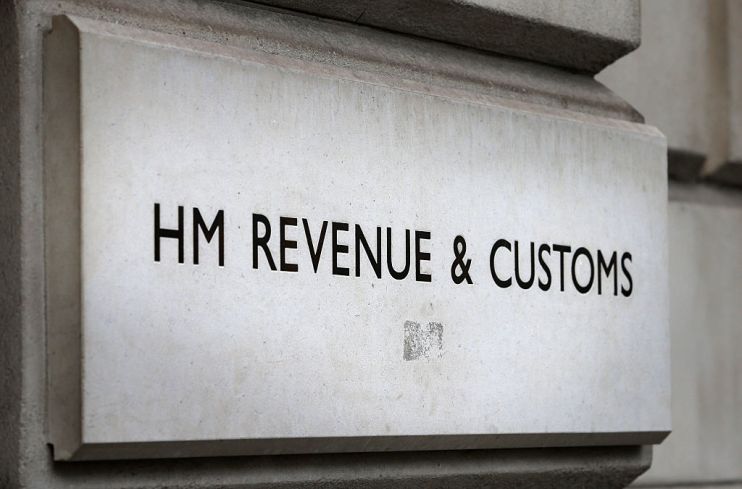Furlough scheme: UK looking at 27,000 potential fraud cases

The UK’s tax authority is looking into 27,000 potential cases of fraud relating to the government’s furlough scheme.
HM Revenue and Customs’ (HMRC) probes have already led to an arrest of one person who has been suspected of fraud and there are a “number of active investigations”, according to the Prime Minister’s spokesman.
HMRC’s top civil servant Jim Harra told a Westminster committee yesterday that the department is predicting a loss of £3.5bn from people fraudulently claiming payments on the furlough scheme.
The scheme – officially known as the Job Retention Scheme – has seen £35bn paid out to 9.6m workers across the UK since it began in May.
The Prime Minister’s spokesman said the £3.5bn figure was based on “an extrapolation from comparable schemes, instead of hard evidence”.
He said that people who have tried to fraud the government out of money will be prosecuted.
Before the Open newsletter: Start your day with the City View podcast and key market data
“If any claim is suspected of fraud or is based on dishonest or inaccurate information, then payments may be withheld or need to be repaid,” the spokesman said.
“HMRC will not hesitate to take serious actions, they’ve already made their first arrest and a number of criminal investigations are under way.”
The scheme is due to end at the end of next month, despite calls from some business groups for it to be extended for certain sectors.
CBI boss Dame Carolyn Fairbairn told the Financial Times this week that it should be extended to stop mass unemployment for sectors that still cannot operate.
However, the Bank of England’s chief economist Andy Haldane told the City A.M. podcast that there should not be an extension the furlough scheme.
He said the pandemic had “already delivered lasting structural change to the economy which does mean, regrettably, some businesses will probably not make it through and some jobs may well not be coming back”.
He added: “Keeping all those jobs on life support is in some ways prolonging the inevitable in a way that probably doesn’t help either the individual or the business.”